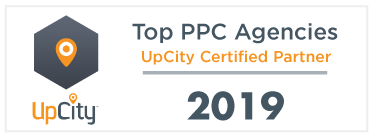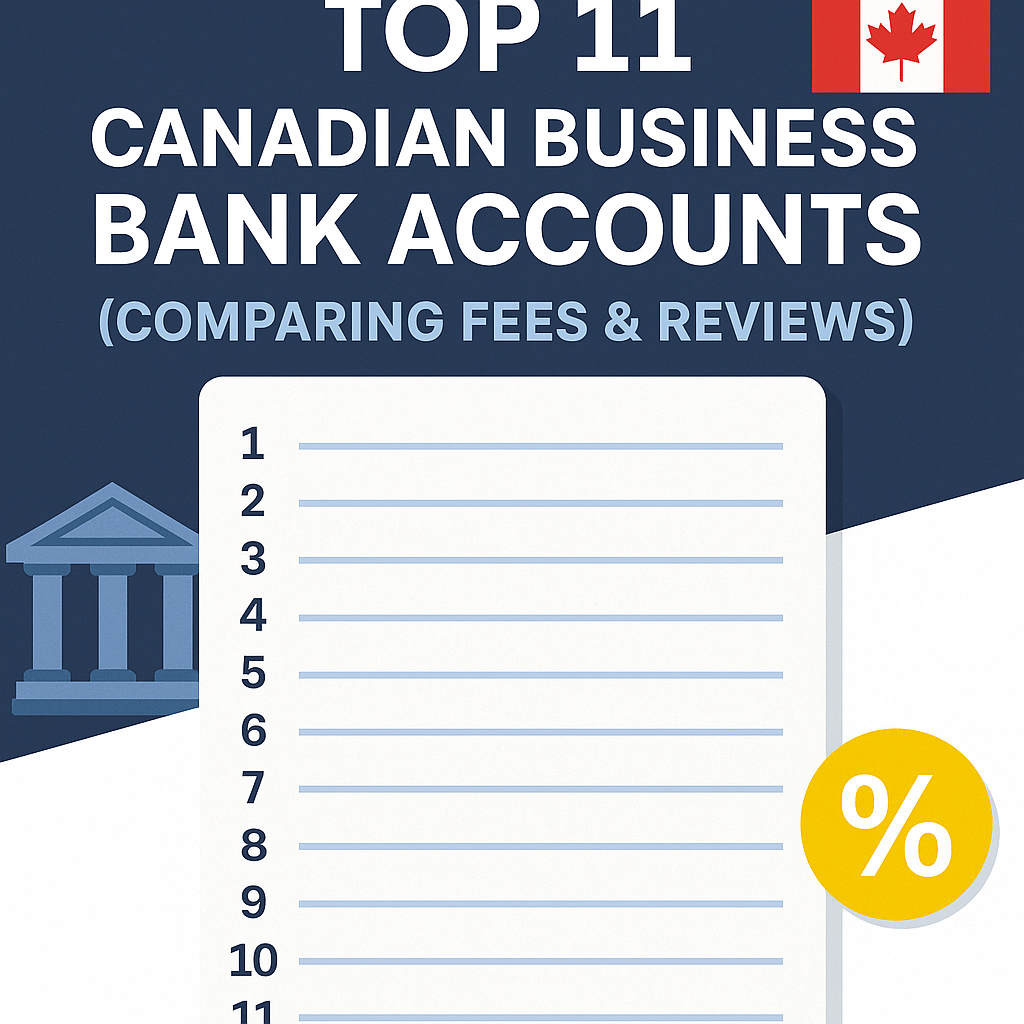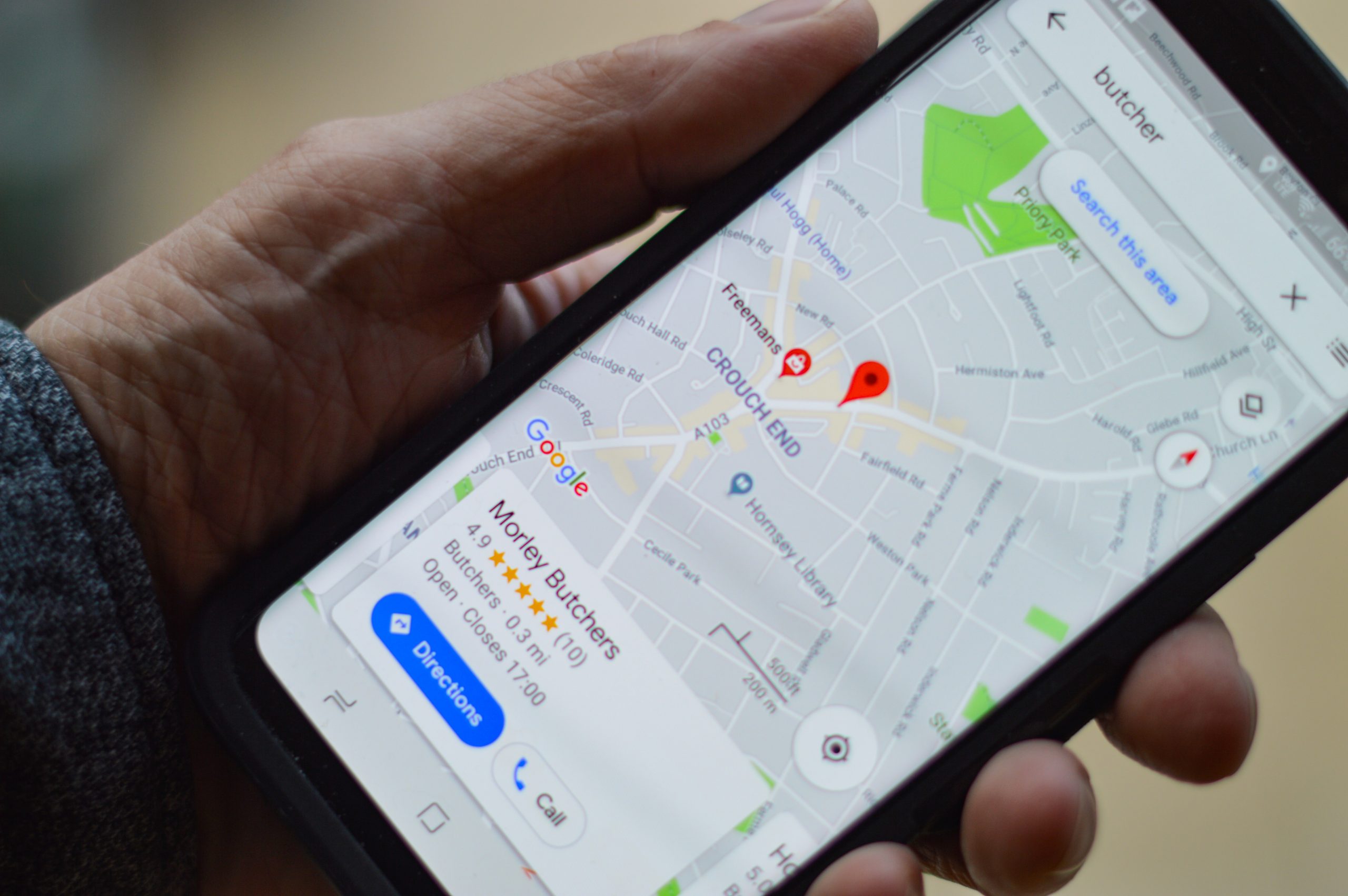GOOGLE ADS MANAGEMENT
ALL SERVICES- GRAPHIC DESIGN & BRANDING
➥ WEBSITE DESIGN TORONTO
➥ TORONTO LOGO DESIGN
➥ BROCHURE GRAPHIC DESIGN
➥ INFOGRAPHIC DESIGN
➥ BUSINESS CARD DESIGN
➥ PACKAGE DESIGN TORONTO
➥ ILLUSTRATION DESIGN
➥ ADVERTISING POSTER DESIGN
➥ BRANDING STRATEGY & SERVICES- ➤ VIEW ALL SERVICES
WEB DEVELOPMENT & SUPPORT
➥ CUSTOM WEB DESIGN TORONTO
➥ ECOMMERCE WEBSITE DESIGN TORONTO
➥ WEBSITE MAINTENANCE SERVICES
➥ SHOPIFY WEBSITE DESIGN
➥ SHOPIFY EXPERTS TORONTO
➥ WORDPRESS DEVELOPMENT
➥ WORDPRESS MAINTENANCE- ➤ VIEW ALL SERVICES
WEBSITE MARKETING & CONTENT
➥ SEO PACKAGES TORONTO
➥ TORONTO SOCIAL MEDIA AGENCY
➥ CONTENT MARKETING TORONTO
➥ PPC MANAGEMENT TORONTO
➥ AFFILIATE MARKETING CANADA
➥ STRATEGIC CONSULTATION- ➤ VIEW ALL SERVICES
ABOUT
RESOURCES- LET’S CHAT
Questions? Call us at
647-348-4995

GOOGLE ADS MANAGEMENT
ALL SERVICES- GRAPHIC DESIGN & BRANDING
➥ WEBSITE DESIGN TORONTO
➥ TORONTO LOGO DESIGN
➥ BROCHURE GRAPHIC DESIGN
➥ INFOGRAPHIC DESIGN
➥ BUSINESS CARD DESIGN
➥ PACKAGE DESIGN TORONTO
➥ ILLUSTRATION DESIGN
➥ ADVERTISING POSTER DESIGN
➥ BRANDING STRATEGY & SERVICES- ➤ VIEW ALL SERVICES
WEB DEVELOPMENT & SUPPORT
➥ CUSTOM WEB DESIGN TORONTO
➥ ECOMMERCE WEBSITE DESIGN TORONTO
➥ WEBSITE MAINTENANCE SERVICES
➥ SHOPIFY WEBSITE DESIGN
➥ SHOPIFY EXPERTS TORONTO
➥ WORDPRESS DEVELOPMENT
➥ WORDPRESS MAINTENANCE- ➤ VIEW ALL SERVICES
WEBSITE MARKETING & CONTENT
➥ SEO PACKAGES TORONTO
➥ TORONTO SOCIAL MEDIA AGENCY
➥ CONTENT MARKETING TORONTO
➥ PPC MANAGEMENT TORONTO
➥ AFFILIATE MARKETING CANADA
➥ STRATEGIC CONSULTATION- ➤ VIEW ALL SERVICES
ABOUT
RESOURCES- LET’S CHAT
Questions? Call us at
647-348-4995

GOOGLE ADS MANAGEMENT
ALL SERVICES- GRAPHIC DESIGN & BRANDING
➥ WEBSITE DESIGN TORONTO
➥ TORONTO LOGO DESIGN
➥ BROCHURE GRAPHIC DESIGN
➥ INFOGRAPHIC DESIGN
➥ BUSINESS CARD DESIGN
➥ PACKAGE DESIGN TORONTO
➥ ILLUSTRATION DESIGN
➥ ADVERTISING POSTER DESIGN
➥ BRANDING STRATEGY & SERVICES- ➤ VIEW ALL SERVICES
WEB DEVELOPMENT & SUPPORT
➥ CUSTOM WEB DESIGN TORONTO
➥ ECOMMERCE WEBSITE DESIGN TORONTO
➥ WEBSITE MAINTENANCE SERVICES
➥ SHOPIFY WEBSITE DESIGN
➥ SHOPIFY EXPERTS TORONTO
➥ WORDPRESS DEVELOPMENT
➥ WORDPRESS MAINTENANCE- ➤ VIEW ALL SERVICES
WEBSITE MARKETING & CONTENT
➥ SEO PACKAGES TORONTO
➥ TORONTO SOCIAL MEDIA AGENCY
➥ CONTENT MARKETING TORONTO
➥ PPC MANAGEMENT TORONTO
➥ AFFILIATE MARKETING CANADA
➥ STRATEGIC CONSULTATION- ➤ VIEW ALL SERVICES
ABOUT
RESOURCES- LET’S CHAT
Questions? Call us at
647-348-4995

GOOGLE ADS MANAGEMENT
ALL SERVICES- GRAPHIC DESIGN & BRANDING
➥ WEBSITE DESIGN TORONTO
➥ TORONTO LOGO DESIGN
➥ BROCHURE GRAPHIC DESIGN
➥ INFOGRAPHIC DESIGN
➥ BUSINESS CARD DESIGN
➥ PACKAGE DESIGN TORONTO
➥ ILLUSTRATION DESIGN
➥ ADVERTISING POSTER DESIGN
➥ BRANDING STRATEGY & SERVICES- ➤ VIEW ALL SERVICES
WEB DEVELOPMENT & SUPPORT
➥ CUSTOM WEB DESIGN TORONTO
➥ ECOMMERCE WEBSITE DESIGN TORONTO
➥ WEBSITE MAINTENANCE SERVICES
➥ SHOPIFY WEBSITE DESIGN
➥ SHOPIFY EXPERTS TORONTO
➥ WORDPRESS DEVELOPMENT
➥ WORDPRESS MAINTENANCE- ➤ VIEW ALL SERVICES
WEBSITE MARKETING & CONTENT
➥ SEO PACKAGES TORONTO
➥ TORONTO SOCIAL MEDIA AGENCY
➥ CONTENT MARKETING TORONTO
➥ PPC MANAGEMENT TORONTO
➥ AFFILIATE MARKETING CANADA
➥ STRATEGIC CONSULTATION- ➤ VIEW ALL SERVICES
ABOUT
RESOURCES- LET’S CHAT
Questions? Call us at
647-348-4995
![]()
![]()
![]()

- March 28, 2024
-
 Amine Rahal
Amine Rahal
If you want to sell your products online but are wondering whether you should go with Shopify, the famous e-commerce platform, or Etsy, the artsy online marketplace, you’re at the right place.
At Little Dragon Media, we have helped a ton of small businesses in Toronto, Canada and beyond launch a robust Shopify store. We also have helped many companies fix issues with their Shopify store. Check out our Shopify service page for more info on how we can help you.
In this article, I’ll cover the pros and cons of Shopify vs Etsy, so you can make an informed decision on which platform to go with to sell your goods…
Here’s a table summarizing the key differences
| Feature | Shopify | Etsy |
|---|---|---|
| Storefront Customization | High | Low |
| Scalability | High | Lower |
| Payment Processing | Flexible | Limited |
| Marketing & Analytics | Built-in tools | Limited |
| Monthly Fees | Yes | No (listing fees apply) |
| Transaction Fees | Apply | Apply |
| Built-in Customer Base | No | Yes |
| Ease of Setup | More Complex | Simpler |
Benefits of Shopify
- Greater Control and Customization: You have complete control over your storefront’s design, branding, and functionality. Shopify offers a wide range of themes and apps to customize your online store.
- Scalability: Shopify is suitable for businesses of all sizes, from startups to large enterprises. It has robust servers and infrastructure. Therefore, it can handle a high volume of products and sales.
- Payment Processing: You can use Shopify Payments or integrate various third-party payment gateways, even crypto, offering flexibility for your customers.
- Marketing and Analytics: Shopify provides built-in marketing and analytics tools to help you track your campaigns and customer behavior.
Downsides of Shopify
- Monthly Fees: Shopify has a monthly subscription fee, depending on the plan you pick, which can be a cost consideration, especially for small businesses just starting out. Transaction fees also apply.
- Management Complexity: Managing a Shopify store requires more technical knowledge and effort compared to Etsy, as you’re responsible for all aspects like user interface, marketing and customer service.
Pros of Etsy
- Established Marketplace: Etsy has a large built-in customer base, making it easier to get initial exposure for your products.
- Simpler Setup: Listing products on Etsy is easier and faster than setting up a Shopify store.
- Lower Costs: Etsy has lower upfront costs compared to Shopify, with listing fees per product and transaction fees.
Downsides of Etsy
- Limited Customization: You have less control over the look and feel of your shop compared to Shopify. You have to work with their templates and features.
- Direct Competition: With millions of sellers on Etsy, it can be challenging to stand out from the crowd.
- Transaction Fees: Etsy transaction fees can add up significantly, especially for high-volume sales.
- Limited Payment Processing Options: You have less flexibility in payment processing options compared to Shopify.
Choosing Your Online Selling Platform: Shopify vs Etsy
Standing Out from the Crowd: Customization vs. Convenience
- Shopify: If you crave a storefront that reflects your unique brand and style, Shopify is your jam. Think of it like having your own physical store – you design the layout, choose the furniture (themes and apps), and create the overall customer experience. This gives you complete control over everything from product listings to checkout. However, building your online haven takes a little more effort.
- Etsy: Think of Etsy as a bustling marketplace, brimming with handcrafted and vintage treasures. Setting up shop is a breeze – like renting a booth at a charming fair. While you can personalize your shop to a certain extent, Etsy has a more standardized look and feel. The upside? You get instant access to Etsy’s massive audience of eager shoppers who are already searching for unique products like yours.
Growing Your Business: Room to Expand vs. Built-in Audience
- Shopify: Shopify is built to scale. Whether you’re starting small with a handful of products or have a warehouse full of inventory, Shopify can handle it. As your business grows, you can easily add new features and functionality to keep up with the demand.
- Etsy: While Etsy is fantastic for jumpstarting your online sales, it might not be the best fit for long-term, high-volume businesses. Etsy’s fee structure can eat into your profits as your sales increase. Additionally, with so many sellers on the platform, it can be challenging to stand out from the crowd, especially if you’re selling products outside the typical handmade or vintage categories.
Taking Control vs. Keeping it Simple: Marketing & Management
- Shopify: Shopify empowers you to take charge of your marketing strategy. You have access to a variety of built-in tools and integrations to help you reach your target audience and track your results. However, this freedom also means you’re responsible for driving traffic to your store through SEO, social media marketing, and other tactics.
- Etsy: Etsy handles a lot of the marketing heavy lifting for you. Since it’s already a well-established marketplace, you benefit from built-in traffic and search visibility. However, you have less control over how your products are presented to potential buyers.
The Cost Equation: Upfront Fees vs. Transaction Fees
- Shopify: Shopify requires a monthly subscription fee, and there are additional transaction fees. This might seem like a barrier to entry, but for businesses with a high sales volume, the flexibility and scalability of Shopify can outweigh the initial costs.
- Etsy: While Etsy doesn’t have a monthly subscription fee, you’ll pay listing fees for each product and transaction fees on every sale. These fees can add up quickly, especially as your sales grow.
So, Which Way Do You Go?
Ultimately, the best platform depends on your specific goals and situation. Here’s a quick cheat sheet to help you decide:
- Choose Shopify if:
- You crave a one-of-a-kind online store that reflects your brand.
- You plan to sell a large volume of products in the future.
- You want complete control over your marketing strategy.
- Choose Etsy if:
- You’re just starting out and want to get selling quickly.
- Your products fall within the handmade or vintage categories.
- You want to leverage Etsy’s existing customer base.
No matter which platform you choose, remember that selling online is a journey. Be prepared to put in the work, learn as you go, and adapt your approach based on your results. WordPress is another option if you’re looking for a free platform to build your e-commerce website. However, the downside of WordPress is that it’s even more technically challenging than Shopify if you want to truly build a powerful shop.
May the sales be with you!
Again, consider hiring an expert Shopify development agency like Little Dragon Media to help you take your online sales to the next level.

Tech Entrepreneur, Author, and CEO of Little Dragon Media. Passionate about entrepreneurship, philanthropy, digital marketing, blockchain, finance, investing, health fitness & nonprofits.
RECENT POSTS
- Top 11 Canadian Business Bank Accounts (Comparing Fees & Reviews)
- SCAM ALERT: How a Fake Google Ads Inquiry Nearly Got Us (And How to Protect Yourself)
- Google My Business: 9 Tips to Ensure Your GMB profile Stands Out in the Map Pack
- 8 Outdated Logo Design Trends That Are Making Your Business Look Bad
- How We the North Became the Toronto Raptors’ Rallying Cry

Ready to chat about how Little Dragon Media can enhance your business?
Call us now at 647-348-4995 or

OUR AWARDS & CERTIFICATIONS






WHAT OUR CLIENTS ARE SAYING



Little Dragon Media's professionalism and commitment to delivering excellence are truly commendable. I highly recommend their services... Thank you for your stellar work!
- Delna Bharucha

Little Dragon Media worked on developing our logo and website. They did an absolutely AMAZING job on both projects. These guys ROCK and you won't be disappointed.
- Sonia Nutt

My team had a great experience working with Little Dragon Media. We will certainly engage with Little Dragon Media for any additional projects in the future. Highly recommend!
- Carly Rooney



- 682A St-Clair West Toronto, ON M6C 1B1
- (647)-348-4995
- info@littledragon.ca
MOST POPULAR SERVICES
RECENT POSTS
GET MORE CLIENTS
Don't let your competitors take over. We'll help you climb to the top and get more clients.



- 682A St-Clair West Toronto, ON M6C1B1
- (647)-348-4995
- info@littledragon.ca
MOST POPULAR SERVICES
RECENT POSTS
GET MORE CLIENTS
Don't let your competitors take over. We'll help you climb to the top and get more clients.

Contact | Press Mentions | Privacy Policy | Terms of Service
© 2024 Little Dragon Media. All Rights Reserved.






